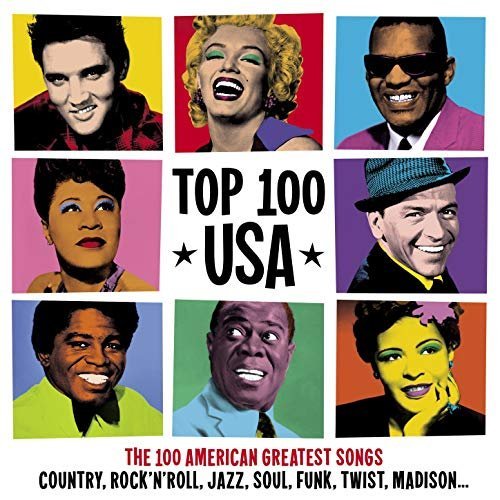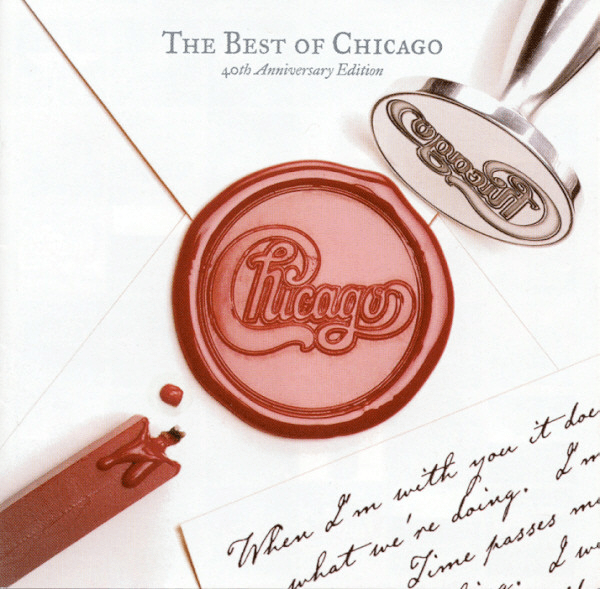
While this change in style, which would define the group’s sound throughout the ‘80s, was derided by some fans at the time, Hot Streets has aged fairly well, and the jammer “Little Miss Lovin’” is convincingly propulsive pop-rock - and if you listen closely enough, you can hear the Bee Gees singing the skyscraping background vocals. Hot Streets was Chicago’s great sonic shift, away from the band’s defining jazz-rock mode (following the death of Kath months earlier) in favor of disco and pop. “Little Miss Lovin’” (from Hot Streets, 1978)
#CHICAGO HITS 320 HOW TO#
The band found the majority of their success using a much lighter touch, and were wise to do so, but kudos to axeman Kath for showing when necessary that the band knows how to swing it. Not a ton of Chicago riffs that you’d be likely to mistake for Tony Iommi at any point, but the chugging of Chicago VIII deep cut “Hideaway” is vicious enough that you kinda expect it to turn it into “Sabbath Bloody Sabbath” in its early minutes - even before you get to its blistering solo. The tune, which asks Jenny to watch over and protect Kath’s lover while he’s away, is soulful and bittersweet, considering the singer-guitarist’s accidental death in 1978.

BOBBY OLIVIERĬhicago VI, the first of five straight albums to be recorded at producer James William Guerico’s Caribou Ranch in Colorado, topped the Billboard 200 due in large part to the success of singles “Just You N’ Me” and “Feelin’ Stronger Every Day.” But a more obscure fan favorite from the record is “Jenny,” a tender song written and sung by Terry Kath about Kath’s dog with the titular name. But this is a fun, jaunty song, with a sharp tongue and vibrant accompaniment from percussionist Laudir de Oliveira (who left the band after this album). 71 on the Billboard 200 albums chart, sold in comparison to most other Chicago LPs. “Everything’s cool until you lose your money,” Robert Lamm sings on this slightly jaded album track - the content of which feels prophetic considering how poorly Chicago XIV, which peaked at a paltry No. “I’d Rather Be Rich” ( Chicago XIV, 1980) They run the gamut from deeply soulful and orchestrally tethered early contributions, courtesy of guitarist Terry Kath, keyboardist Robert Lamm, and trombonist James Pankow, to the later mega-polished super singles pumped out by bassist/singer Peter Cetera and renowned producer David Foster.įind your favorite song (via our Spotify playlist at the bottom of the post), blast it in your earbuds and let’s all salute a band that continues to perform before thousands of fans deep into its sixth decade of rock and horns - and whose 50th birthday is still only the beginning.ĥ0. Cool J’s hit “Mama Said Knock You Out“ their first album was eventually reissued as Gangster Boogie.Chicago on Their Rock and Roll Hall of Fame Induction: 'I Had No Idea It Would Be As Exciting As It…Īfter combing through an overwhelming amount of recorded music - four of the band’s first six LPs were double albums, mind you - here’s Billboard‘s tally of the 50 best Chicago songs. “Gangster Boogie” became a massively popular sample item for hip-hoppers and breakbeat aficionados, most prominently appearing on L.L. They continued on into the early ’80s before disbanding.

Dropping the “Chicago” part of their name, the Gangsters subsequently signed with Heat and recorded a third album, Life Is Not Easy Without You, in 1979. 1977’s “I’m an Outlaw” was their last single for Gold Plate a year later, they cut “Windy City Boogie” for RCA. The title track of their 1976 sophomore album Gangster Love was another minor hit, and also the first 12″ single their label ever issued. Their debut LP, Blind Over You, was released in 1975 and contained the slamming funk of “Gangster Boogie“, as well as a minor hit cover of “I Choose You“, which Willie Hutch had originally recorded as the love theme to the film The Mack. They adopted the name Chicago Gangsters after catching on with the Gold Plate label, where they worked with prolific songwriter/arranger Richard Evans and a number of Chicago’s top studio musicians. Their sound ranged from heavy funk and disco to sweet, smooth soul balladry. Despite their name, the Chicago Gangsters were originally from Ohio, consisting of brothers James, Sam, Chris, and Leroy McCant.


 0 kommentar(er)
0 kommentar(er)
